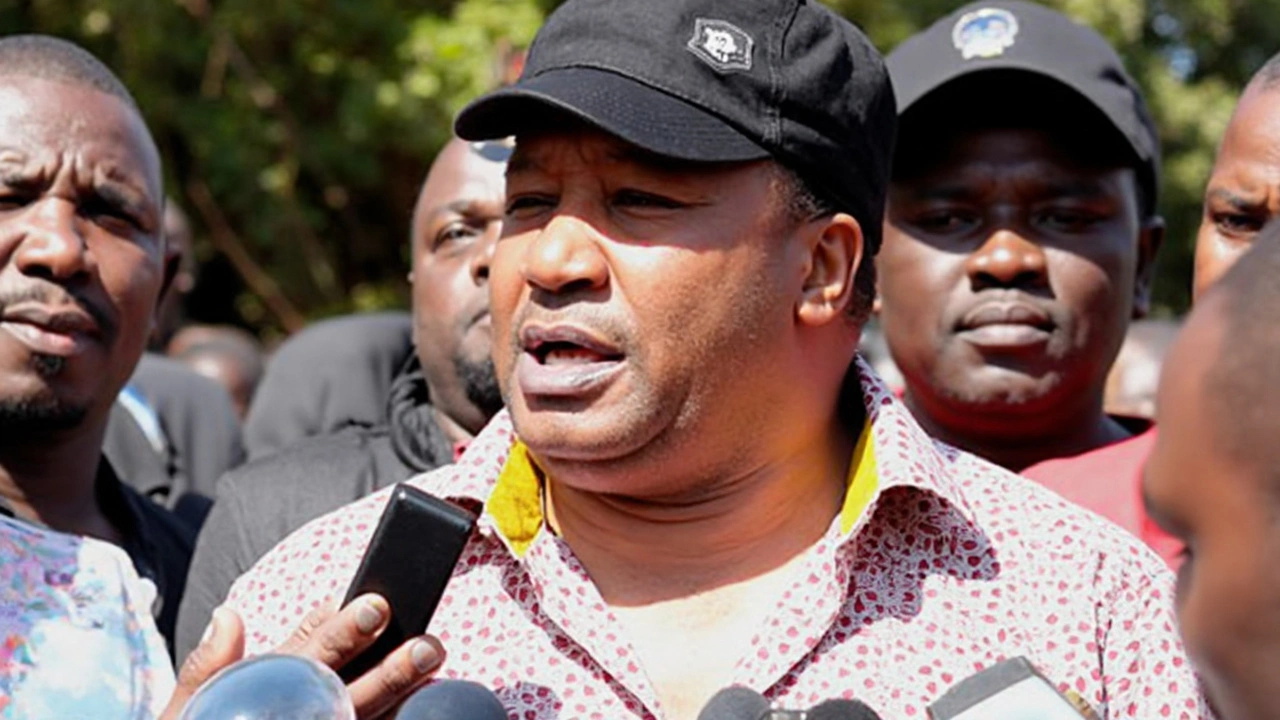Understanding Inciting Remarks: Why They Matter and What to Watch Out For
Inciting remarks are statements that stir up others to take harmful or illegal actions. You might hear this term in the news or courts, especially when someone’s words lead to violence, protests, or unrest. But what exactly counts as inciting remarks, and why should you care about them? Let’s break it down simply.
First off, inciting remarks aren’t just any rude or offensive comments. They’re words that push people toward unlawful behavior—like hate crimes, riots, or attacks. For example, if someone publicly calls for violence against a group, that’s likely incitement. The law often steps in here because peaceful speech is protected, but pushing someone to break the law crosses a clear line.
The Fine Line Between Free Speech and Incitement
It’s important to remember that freedom of speech is a key value in many countries, including South Africa. People have the right to express opinions, even unpopular ones. However, that freedom doesn't give a free pass to sayings that can cause real harm. Inciting remarks are carefully looked at, especially if they might lead to violence or discriminatory acts.
Courts generally consider whether the words were meant to encourage illegal actions and if it's likely that people might actually act on them. Sometimes heated speeches in protests can cross this line, but casual insults usually don’t. This is why context matters a lot. Was the speaker urging immediate violence, or just expressing an opinion? Was there a real risk of unrest? These questions help determine if someone’s speech qualifies as inciting remarks.
Why Knowing About Inciting Remarks Is Useful
Understanding what counts as inciting remarks helps you spot when speech might be harmful beyond just words. It also helps explain why some posts or comments get taken down or lead to legal problems. Governments and platforms often try to balance keeping people safe while respecting free speech. That’s why you’ll see rules and laws targeting incitement but not general criticism or debate.
So, next time you come across a controversial statement making waves, think about whether it simply challenges opinions or if it pushes people to harmful acts. That difference can change everything from legal consequences to social impact. Staying informed can protect you and your community from the dangers of speech that crosses the line into incitement.
Ex-Governor Waititu Arrested for Controversial Remarks in Ruiru
Former Kiambu Governor Ferdinand Waititu was arrested for allegedly inciting public unrest during a public event in Ruiru. The arrest, confirmed by his lawyer, links to recent remarks critics view as controversial. As police aim to prevent further unrest, opposition figures rush to his aid, highlighting the tense political landscape in Kenya.

